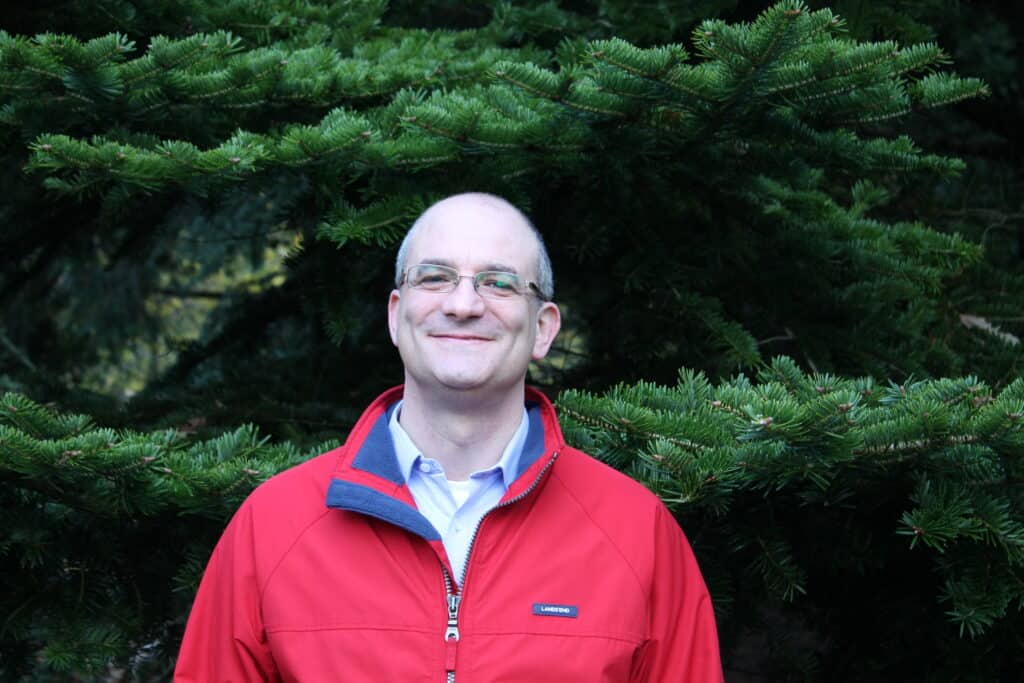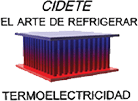The TRANSLATE team are thrilled to be featured on University College Cork (UCC)’s Green Campus podcast, as part of an insightful conversation with our coordinator Justin Holmes, Professor of Nanochemistry at the School of Chemistry in UCC.
The episode delves into Professor Holmes’ remarkable career in chemistry and explores the two ground-breaking EU-funded projects that he currently leads: RADICAL and TRANSLATE.
Professor Holmes begins by shedding light on his early career in chemistry, setting the stage for an engaging discussion. Professor Holmes introduces the RADICAL project, a cutting-edge research endeavour to develop a novel electronic sensor for detecting atmospheric radicals and other gas pollutants. The focus then shifts to the TRANSLATE project – a remarkable research and innovation initiative that seeks to harness the potential of nanofluidic platform technology in effectively converting waste heat into electricity. With its potential to revolutionise energy conversion, Professor Holmes discusses the project’s goals, ongoing research efforts, and the promising advancements made thus far.
The research in TRANSLATE focuses on using wood and saltwater to generate electricity from low temperature waste heat. Wood contains nanochannels that, when a solution of sodium chloride passes through them, separate the sodium and chloride ions, creating a potential difference or voltage. This voltage is generated by maintaining a temperature gradient across the wood. Although the voltage may not be significant, this approach can complement other technologies like photovoltaic solar cells. Wood’s abundance and flexibility make it an appealing material for this research.

“Doing anything with low temperature heat is very difficult,” says Professor Holmes on the podcast, “but you could imagine having several of these wood-based panel units that could give you a steady trickling of current and maybe store it in a battery. So that can be done wherever you’ve got a small temperature gradient, and maybe it takes a little bit of time to charge a battery, but it’s free energy, right?”
“You could imagine having a wooden table and putting your phone on there and it charges!”
Professor Holmes emphasises the role this technology can play in meeting our ambitious energy targets for 2030 and 2050 as an add-on to green renewable technologies already present to help take some pressure off the grid. By harnessing the power of new technologies, projects like RADICAL and TRANSLATE can help pave the way for a more sustainable and energy-efficient future.
Listen to the UCC Green Campus Podcast on Spotify or Apple Podcasts.








